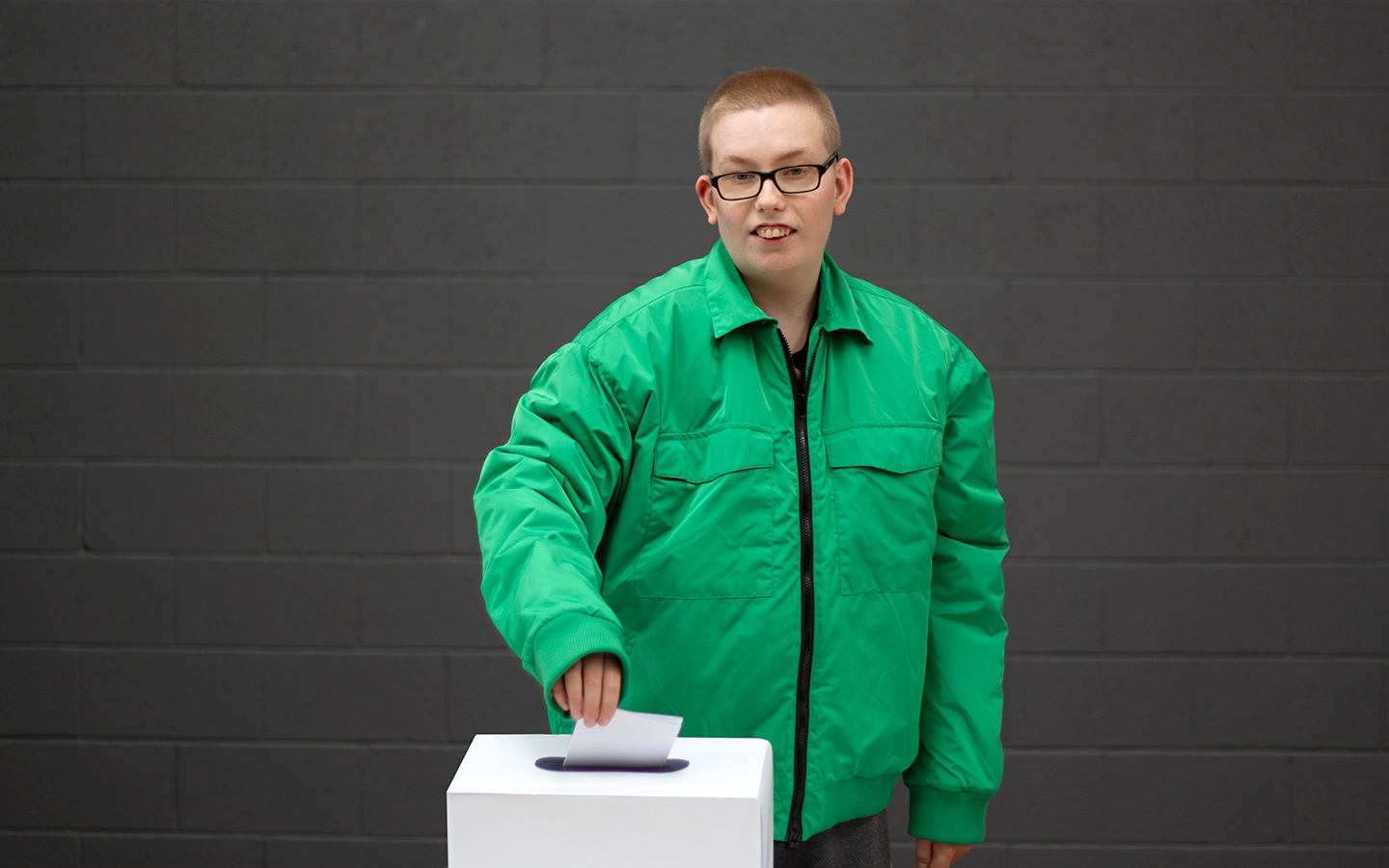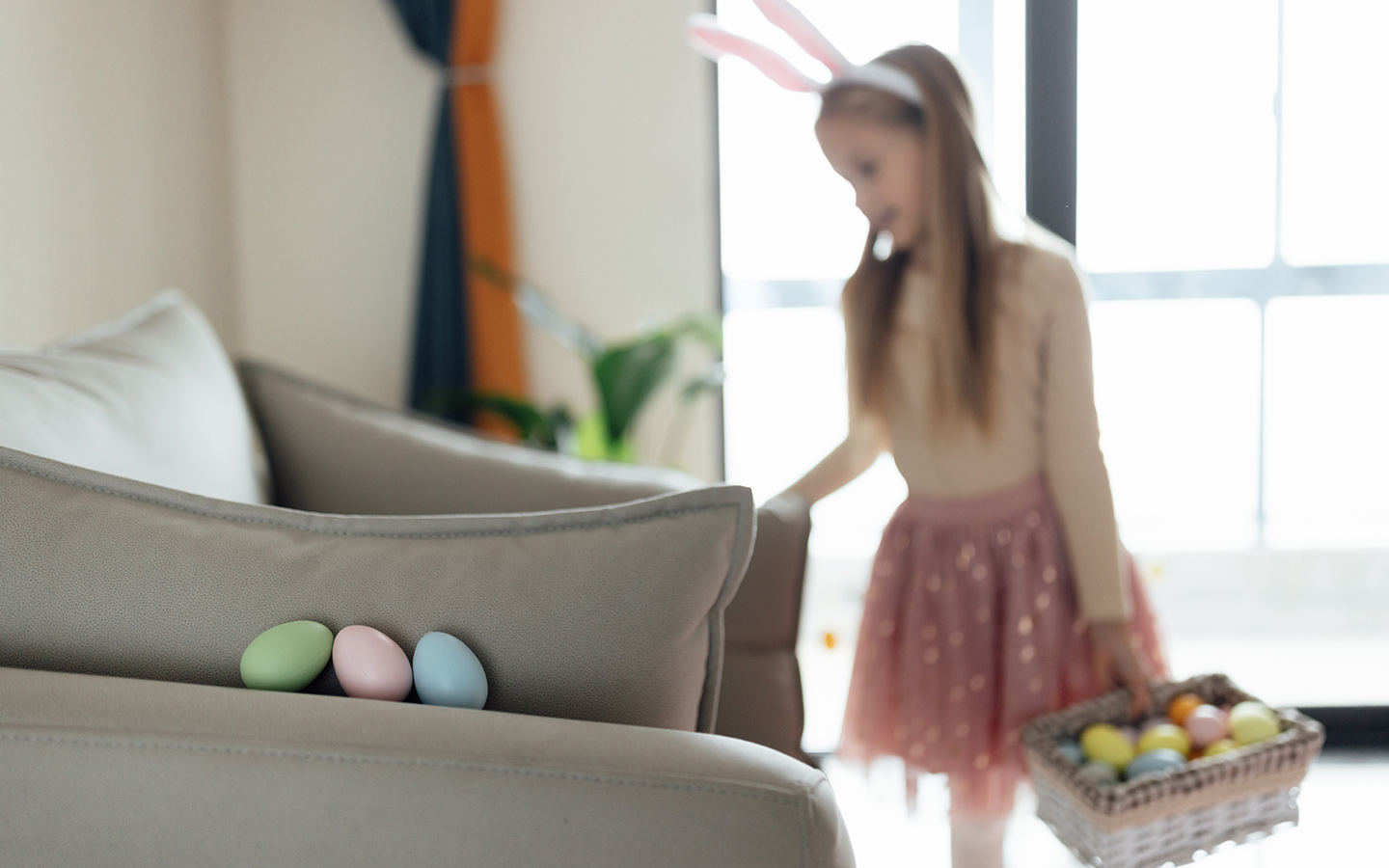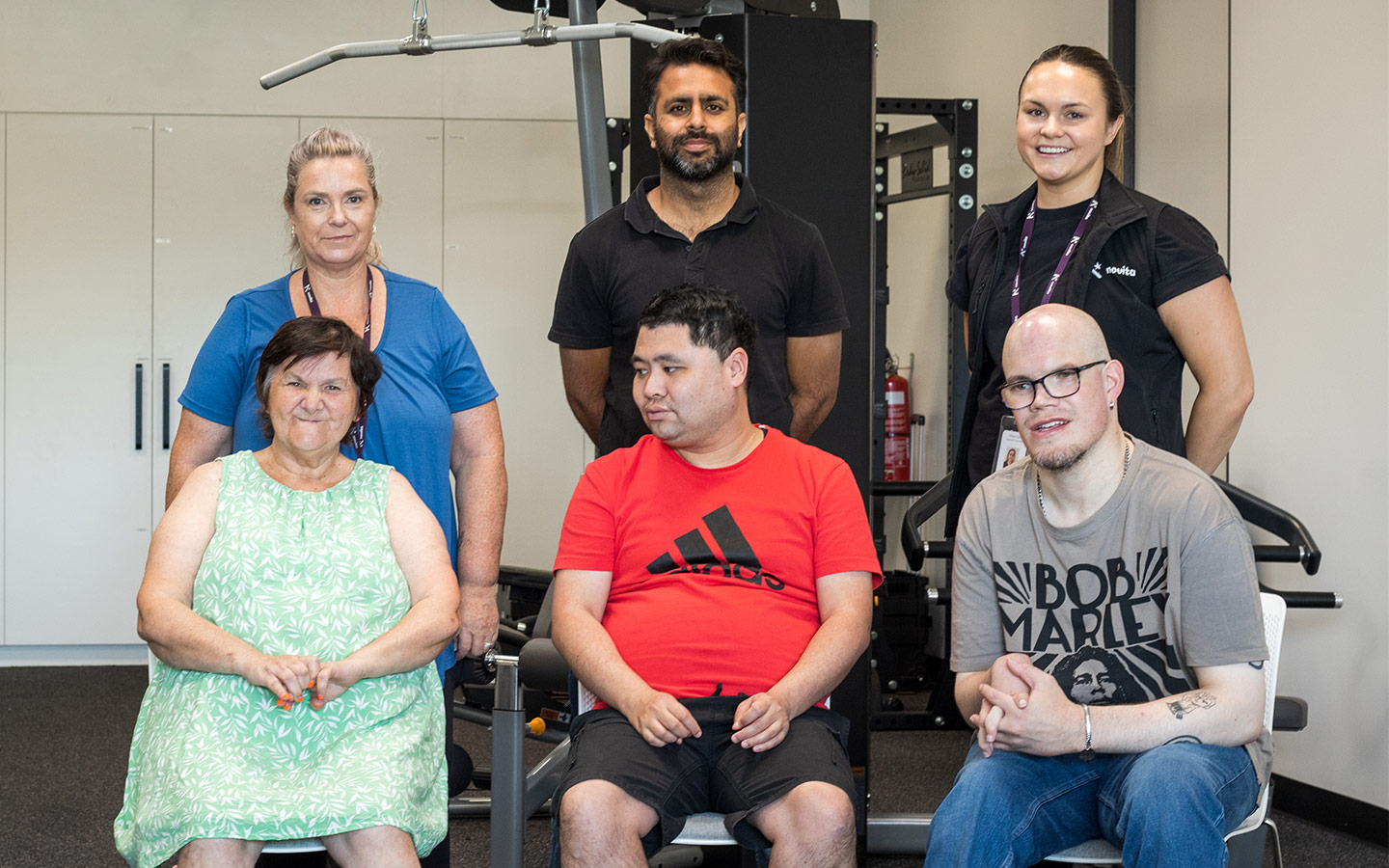Helpful Information
How to handle reactions to disability
access_time4min read

People’s reactions can affect kids living with disability and their families in lots of ways.
This page has tips on how to handle reactions for parents and siblings of a child living with disability.
If you would like information or free advice, speak to someone in our friendly team on 1300 NOVITA (1300 668 482) or visit our Contact Us page for more ways to get in touch.
Reactions
Some people react in strange ways the first time they meet a child living with disability because it’s new to them and they don’t know what to do. Most people are surprised by their own reaction.
Some people will:
- be shocked, confused, unsure or afraid
- curious
- stare
- offer to help or rescue your child
- ignore your child
- avoid you and your child.
All of these reactions can make you and your child feel uncomfortable. It can be confronting and confusing for everyone involved. Some parents end up seeing less of their friends because of their reactions.
Where reactions happen:
- at school or kindy
- at the shops
- at public events
- at family and friends’ homes
- any place or occasion where you’re meeting new people
You might also get some unexpected reactions at hospitals or the doctor’s office.
Who they affect:
- Kids living with disability might not know people are reacting to them. Other times they will be upset by reactions. It can depend on their age, the situation and their awareness.
- Parents are always affected. The parent who spends the most time with the child will get the most reactions and many different ones.
- Siblings can be very sensitive to people’s reactions, depending on their age or the situation.
- Other people in your child’s life, like grandparents, friends and carers.
Tips for parents
When you might get reactions:
- the first time you see friends or family after finding out your child lives with disability
- when you meet new people
- when you go to the shops
- at a new kindy or school
- at a new service provider
- at events like birthdays or weddings
- at meetings about your child’s progress
- if your child is going through a hard time.
How to respond to reactions
Some days you’ll be prepared to respond to people’s reactions. Other days you won’t want to.
It can help to have a plan. You can create standard answers to people’s questions in different situations. You can share your plan with friends, family and teachers.
You can use a group system to choose how you respond to people’s reactions. Here is a step-by-step guide on how to make one:
1. Write a list of people or types of people who might have a reaction (classmates, family, colleagues etc.)
2. Put them into different groups based on who they are and what they mean to you and your child. Here are some examples:
- people you care about (close family and friends)
- doctors and therapists
- people in your everyday life (this might be an in-law or colleagues)
- strangers
- other kids living with disability
- kids at school.
3. Choose how you want to respond to reactions from each group, for example, you might take time to respond to a family member, but respond briefly to a stranger.
4. Use your responses when you need to.
Tips for helping kids
When kids might get reactions:
- Meeting new people
- Starting at a new school or changing grades
- During the middle of primary school when friends often change
- During high school when most kids change or change interests.
How to support kids
Here are some ways you can help your child handle people’s reactions.
- Tell them stories about other kids who have gone through the same thing and what they did.
- Find ways for your child to meet and talk with other kids living with disability so they can share their stories and tips.
- Suggest your child’s school runs disability awareness training so that classmates are more aware
- Help them think positively about themselves. Positive comments can boost their confidence and self-image.
- Teach your child social skills to help them get along better with others.
If your child is being bullied you might need to take other steps. Find out what the bullying policy is at school and work through the process. Our psychologists are always available to help you and your child.
Tips for helping siblings
When siblings might get reactions:
- In public with their brother or sister
- When their brother or sister starts at the same school
- At birthdays or any occasion where they might be compared to their brother or sister
- If their brother or sister is having a hard time at school
- When new friends come over.
How to support siblings
Sometimes siblings feel overwhelmed by their brother or sister living with disability. This can happen even when they are close. They might feel angry, resentful or jealous. Parents can help siblings by making them feel important and valued. Here are some other helpful tips for siblings:
- Encourage them to talk about how they feel
- Talk to them openly about their sibling’s disability
- Encourage them to get involved in activities they enjoy
- Help them meet other siblings –talking with other kids in similar situations often helps
- Book into a sibling workshop so they can share their experiences
- Meet with a psychologist.
If you would like information or free advice, speak to someone in our friendly team on 1300 668 482 or visit our Contact Us page for more ways to get in touch.


